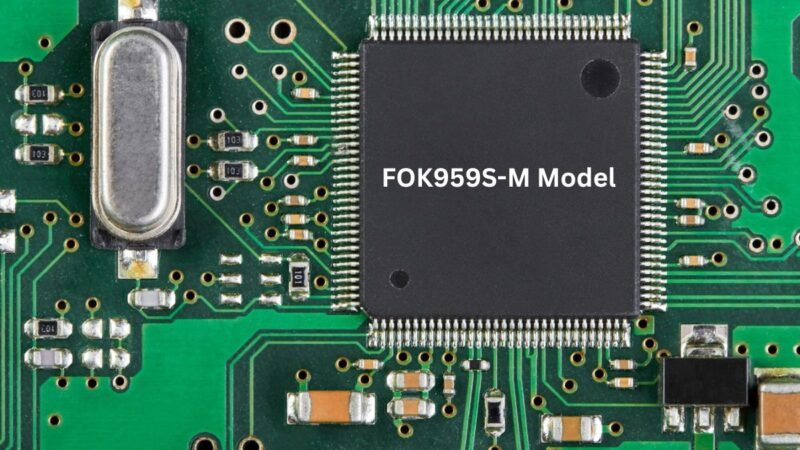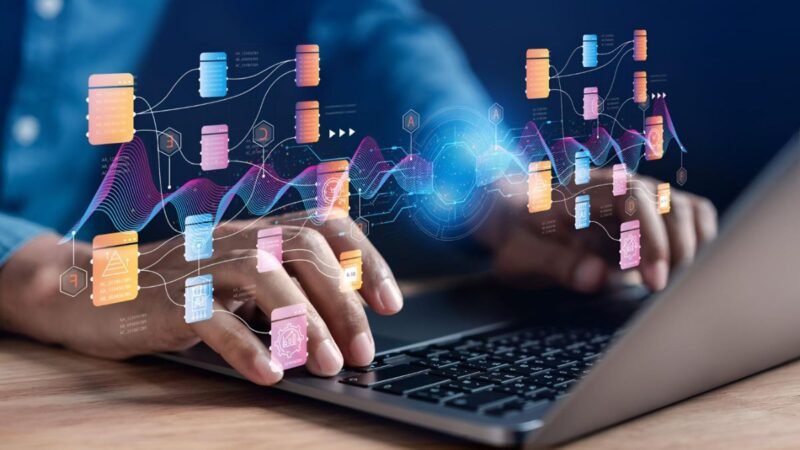Blockchain: How It Works For Companies

Blockchain is a new technology; it works and will forever revolutionize the world of work, but how? Let’s find out.
Today the blockchain is used above all in the cryptocurrency field, the most famous is Bitcoin, followed by Ethereum, but the application of this model is being studied in other areas.
But first, we need to understand what a blockchain is. We can identify it as a decentralized ledger, the information which is verified along the entire information transmission path and prevents it from being falsified.
It is a chain of networks in which all the information to be protected is stored in an encrypted form. The characteristic of this ledger is the possibility for each individual to be able to see who they are doing business with.
These characteristics make today’s smart contracts increasingly widespread via blockchain.
Although the technology is still in its infancy, several companies are already using it and are finding many benefits, both in management and economic terms.
But how exactly do companies use blockchain? Let’s see some practical cases.
Maersk And The Supply Chain
Maersk is a global giant in shipping by sea. The company has an extremely delicate task, as it has to deliver goods over long distances, catalog them and ensure that they arrive intact at their destination.
There is no room for error in their work, and any mistake can cost millions.
But when you deliver an untold amount of goods, it isn’t easy to keep track of all the data and to check the journey in detail.
Since 2018 Maersk has been collaborating with IBM to digitize the supply chain. Through blockchain, they have managed to create a computerized system that allows suppliers and buyers to monitor the journey of goods.
Through their systems, it is possible to check the exact position of the ships, to consult in real-time the status of customs documents and many other tracking data.
And this happens to millions of containers that are moved by sea yearly.
Barilla
Barilla is one of the world leaders in commercial food and one of the best-known Italian brands worldwide.
The company makes Italy its strong point and does not hide its tricolor origins; indeed, outside our country, it is a point of reference.
His vision is always projected to the future; the company uses the blockchain to monitor its products.
In partnership with IBM, Barilla has a project to monitor the food transformation process. This system allows you to check the origin and quality of raw materials publicly and monitors the process that brings food from production to the consumer’s table.
Currently, the project has seen the light with fresh basil, but the intention is to extend it to other raw materials.
Crea
The Council for Agricultural Research and Analysis of the Agricultural Economy is an important body in Italy.
Its task is to conduct research in the agri-food sector on the territory and is supervised by the Ministry of agricultural, food, and forestry policies.
They operate throughout the territory, constantly monitor our local production, and have decided to take a step forward.
In collaboration with Microsoft, Crea has developed a wood monitoring system that monitors the material transformation process.
Thanks to the blockchain, it is possible to check the origin of the wood and take note of its industrial process, which starts from the harvest, passes through processing in the sawmills, and ends with delivery to the consumer.
In this way, the production process is transparent, and the final consumer can check the quality of the wood, if the production process is sustainable, and evaluate the purchase.
The Future Of The Blockchain, How It Work
Thanks to the blockchain, it isn’t easy to understand what the future will be like, but the conditions are excellent given how it works. We are talking about a technology that verifies information block by block, making it immutable, traceable, and decentralized.
At present, it allows us to control the quality of the products we buy, the journey of the goods we produce, and protect the parties in the contracts. However, there are other practical applications, such as those in the financial sphere.
However, there are still doubts about its widespread diffusion, dictated by the fact that we are talking about new and unprecedented technology with almost infinite fields of application.
Also Read : How To Set Up Google Workspace For Your New Business


